The New England Newspaper & Press Association is proud to highlight the Connecticut journalists honored with A-Mark Prizes for Investigative Journalism at our Fall Leadership Conference on September 26, 2025. These awards celebrate extraordinary reporting that brings accountability, transparency, and reform to the forefront of public life.
The A-Mark Prizes—funded by the A-Mark Foundation, a nonpartisan nonprofit supporting investigative reporting—recognize ambitious, deeply researched journalism that exposes hidden truths, challenges the powerful, and helps audiences better understand the complex issues shaping their communities.
Each year, up to $15,000 in awards is available in every New England state to highlight work that protects the public’s right to know.
This year’s Connecticut recipients exemplify the purpose of the A-Mark Prizes—courageous, impactful journalism that informs and empowers communities. Please follow the links to read the award-winning work.
Connecticut Winners
🥇 1st Place
Jenna Carlesso, Dave Altimari, Katy Golvala & Andrew Brown — The Connecticut Mirror
“Priced Out”
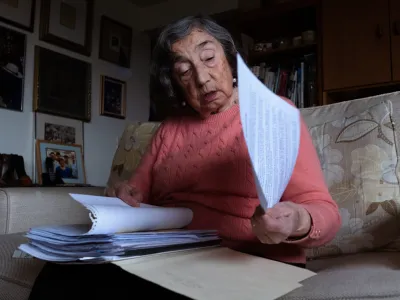
The Connecticut Mirror’s yearlong investigation into the state’s long-term-care insurance industry exposed how soaring rate hikes and lax oversight left thousands of older residents facing financial hardship. Reporters uncovered a pattern of exorbitant premium increases—some exceeding 150%—alongside questionable business practices, executive bonuses tied to price hikes, and political inaction at the Capitol. The team built original data analyses and reviewed more than 700 consumer complaints, revealing how systemic failures have jeopardized care for Connecticut’s aging population. The series sparked widespread public outrage and inspired more than a dozen reform bills aimed at protecting policyholders and increasing accountability within the insurance industry.
🥈 2nd Place
Marc E. Fitch — CT Inside Investigator
“Power Struggle”

Senior Investigative Reporter Marc E. Fitch exposed a major power controversy inside Connecticut’s Public Utilities Regulatory Authority (PURA), revealing that its chairwoman secretly issued thousands of decisions under another official’s name—adding millions to ratepayers’ bills. His reporting uncovered self-investigations, withheld evidence, and backroom political maneuvers surrounding the chair’s reappointment and an attempted last-minute legislative change that would have legalized her actions. The series prompted lawsuits from the state’s largest utilities, legislative scrutiny, and widespread public debate about transparency and accountability in state regulation.
🥉 3rd Place
Dave Altimari & Ginny Monk — The Connecticut Mirror / ProPublica
“On the Hook”
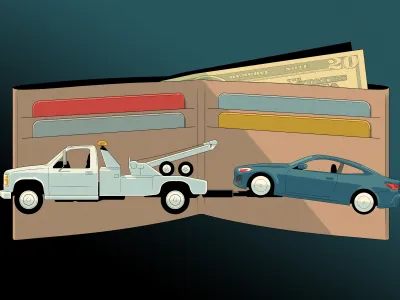
This joint investigation by The Connecticut Mirror and ProPublica uncovered how a century-old Connecticut law allowed towing companies to seize and sell thousands of vehicles without owners’ consent—often targeting low-income residents. Reporters revealed that the Department of Motor Vehicles approved these sales with minimal oversight, that cars were routinely undervalued to skirt legal thresholds, and that proceeds from sales were never returned to the state or rightful owners. The team’s data-driven reporting exposed systemic abuse, including a DMV employee profiting from insider deals. Within days of publication, state leaders announced an internal review, and lawmakers passed sweeping reforms to overhaul Connecticut’s towing laws.
These stories represent the very best of Connecticut journalism—fearless investigation, meticulous research, and an unwavering commitment to public service. Congratulations to all of this year’s winners whose work shines a light on the issues that matter most to New England communities.

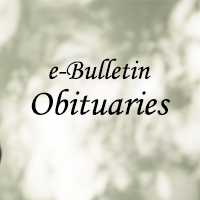
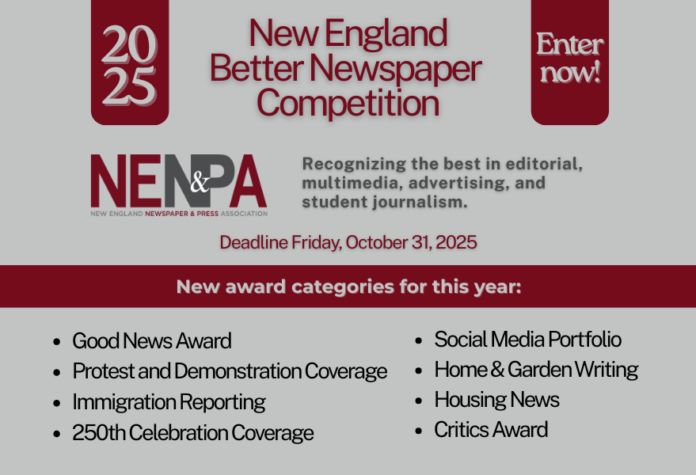
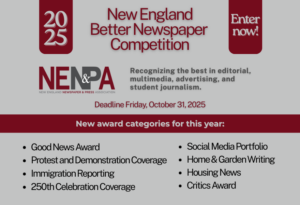 Entries are now open for this year’s New England Better Newspaper Competition, and this year’s contest is bigger and better than ever!
Entries are now open for this year’s New England Better Newspaper Competition, and this year’s contest is bigger and better than ever!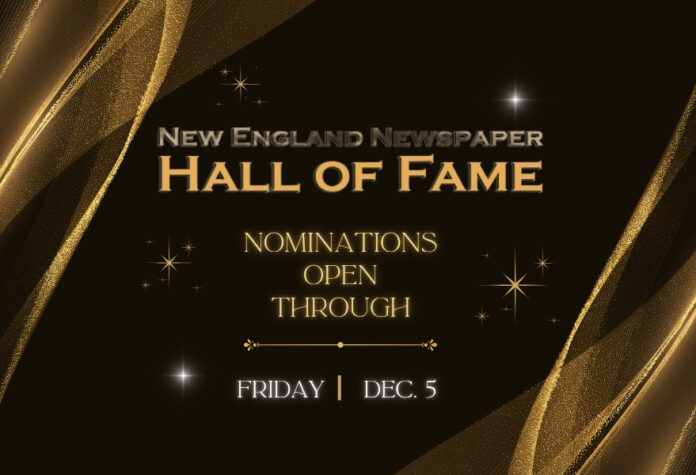
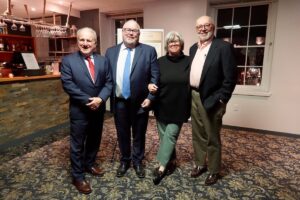
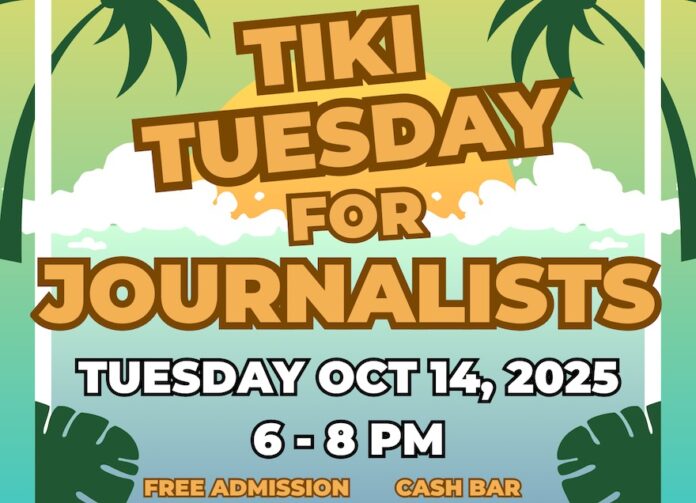
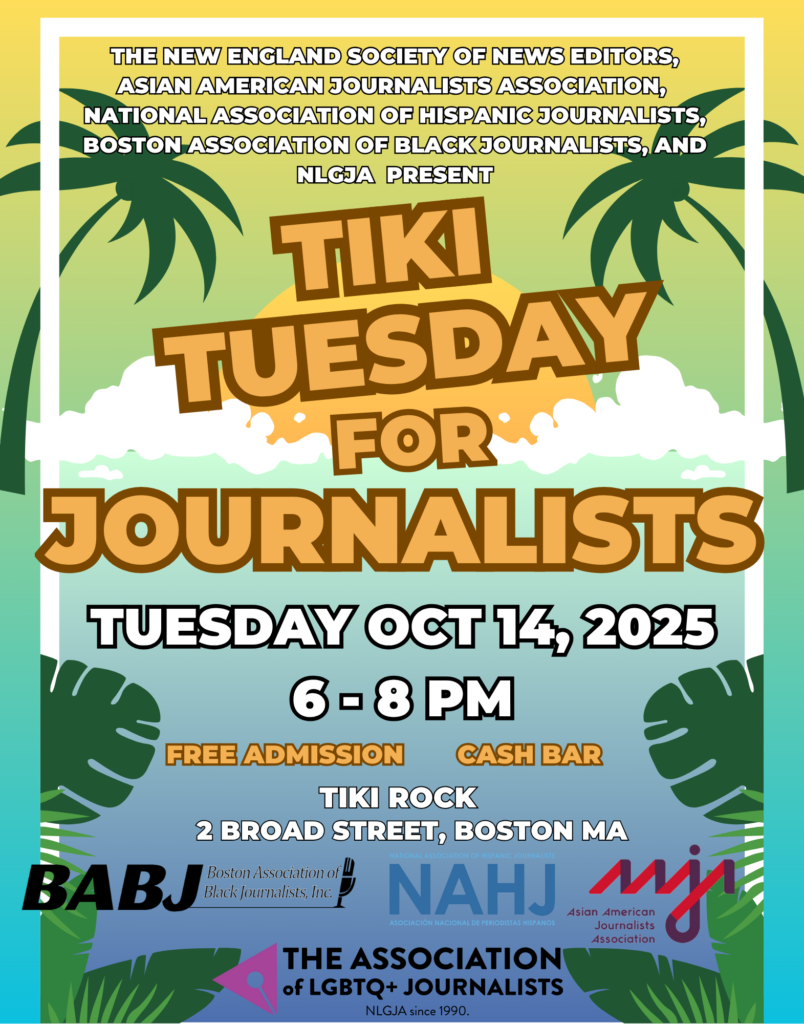 A great time was had by all at The Dubliner in Boston during the September journalist meetup, where a lively crowd of media professionals gathered for trivia, conversation, and plenty of laughs. The event brought together journalists from across New England to connect, collaborate, and unwind in a relaxed and friendly setting.
A great time was had by all at The Dubliner in Boston during the September journalist meetup, where a lively crowd of media professionals gathered for trivia, conversation, and plenty of laughs. The event brought together journalists from across New England to connect, collaborate, and unwind in a relaxed and friendly setting.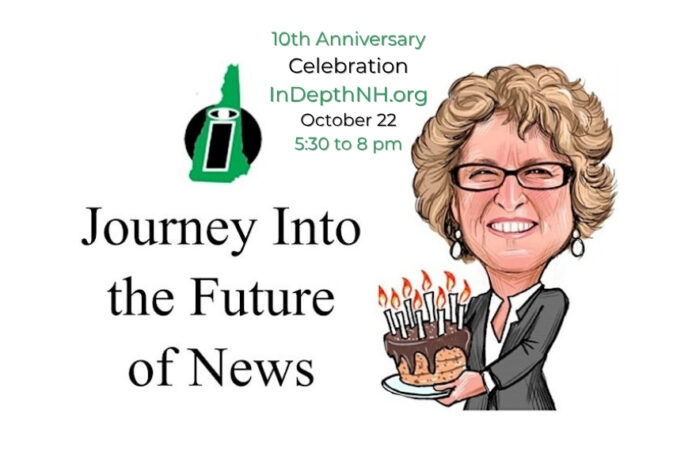
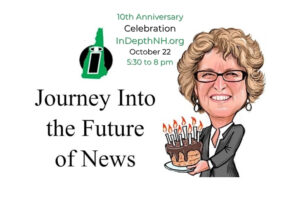 The
The 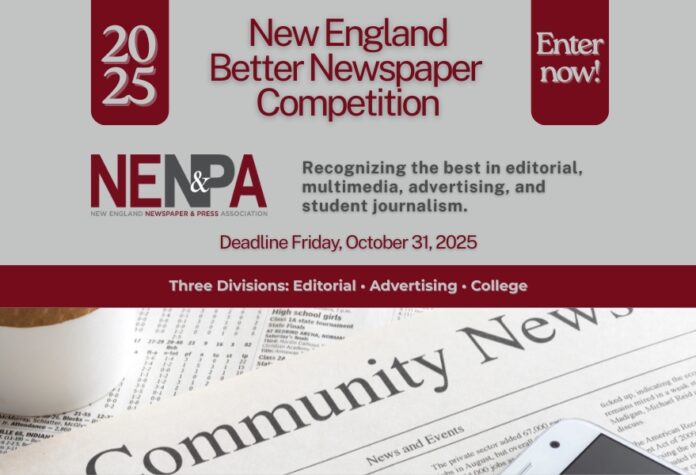
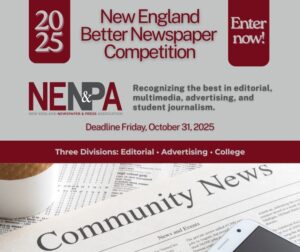 We’re thrilled to announce the opening of this year’s New England Better Newspaper Competition! We are introducing eight new award categories to spotlight emerging voices and honor excellence across a broader range of reporting and storytelling.
We’re thrilled to announce the opening of this year’s New England Better Newspaper Competition! We are introducing eight new award categories to spotlight emerging voices and honor excellence across a broader range of reporting and storytelling.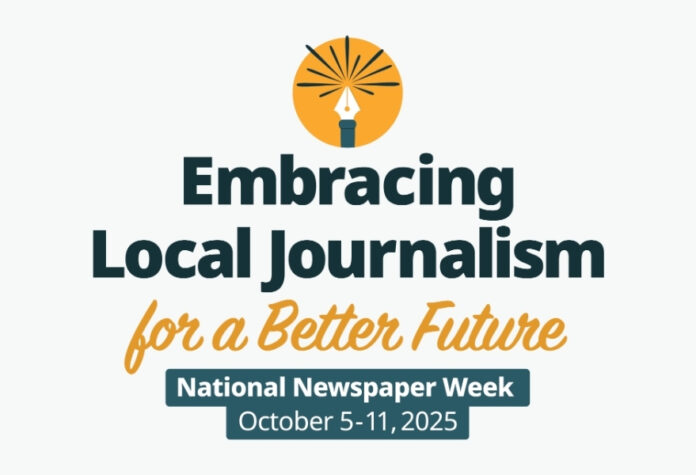
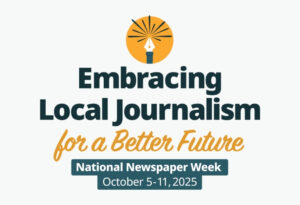 This year marks the 85th celebration of National Newspaper Week, October 5-11, 2025, sponsored by Newspaper Association Managers since 1940. The celebration recognizes the essential role newspapers play in keeping our communities informed, connected, and engaged. NENPA is proud to complement this national effort through the
This year marks the 85th celebration of National Newspaper Week, October 5-11, 2025, sponsored by Newspaper Association Managers since 1940. The celebration recognizes the essential role newspapers play in keeping our communities informed, connected, and engaged. NENPA is proud to complement this national effort through the 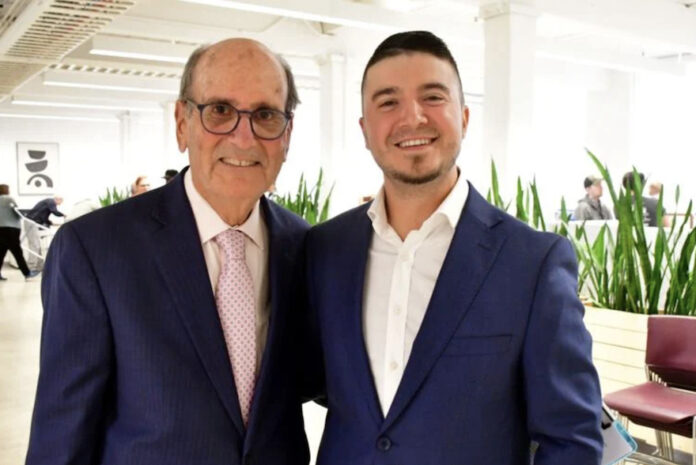
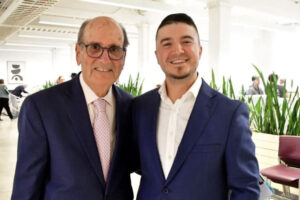
Freedom Forum Survey Finds 90% of Americans Believe the First Amendment is Vital, yet Only 1 in 10 Can Name All Five Freedoms
This year’s survey, conducted in partnership with McKee Wallwork from Aug. 1-8, polled Americans on their knowledge of First Amendment freedoms, their personal experiences with free expression and their views on issues ranging from campus protests and AI censorship to religious liberty, hate speech and the role of the press.
Freedom Forum’s 2025 “Where America Stands” survey reveals that while Americans overwhelmingly believe in the importance of the First Amendment, confusion and gaps in understanding persist, especially around the freedoms it guarantees and how they apply to everyday life.
95% of Americans have heard of the First Amendment, and nine in 10 agree it is vital. Yet only 10% can name all five freedoms it protects — religion, speech, press, assembly, and petition — without prompting. A quarter of respondents couldn’t name a single freedom.
Other key findings from the 2025 survey:
Read more